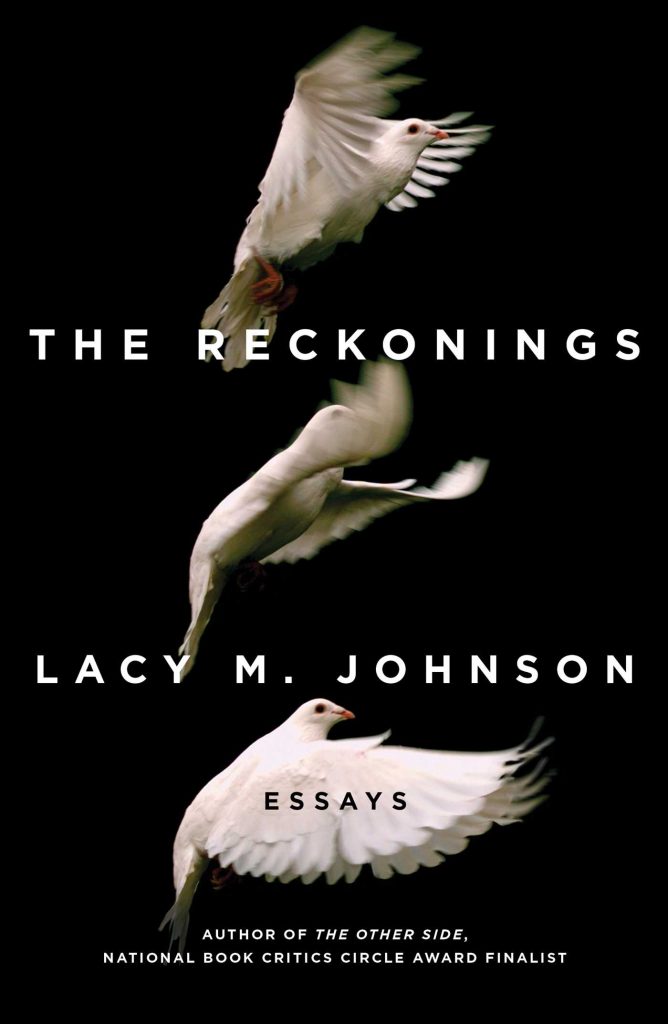
Chrys Weedon | Entertainment Editor
“You probably want him dead, strangers tell me.” This quote contains the main theme of the first essay in Lacy M. Johnson’s “The Reckonings.” In an essay by the same name, Johnson analyzes a culture that glorifies and searches for revenge— American culture. She has faced this culture directly many times, especially when she started telling her story. In her 20s, Johnson was kidnapped by her then-boyfriend who attempted to kill her. But she doesn’t want revenge.
“‘I don’t want him dead. I want him to admit all the things he did, to my face, in public, and then to spend the rest of his life in service to other people’s joy,’” writes Johnson. Johnson calls this a reckoning; she writes that wishing suffering on people who hurt us only compounds sorrow and injustice instead of cancelling it out.
This book contains 12 essays that cover topics from sexual assault, to environmental activism to racism. Johnson’s book is covertly a discussion of philosophy and ethics, with memoir stirred in.
“We human beings are not born with prejudices. Always they are made for us by someone who wants something,” commented Johnson in the essay “Goliath.”
Each essay is itself a new beginning, and covers a topic that is as serious and worth contemplation as the others.
“Silence is pathological. Apathy is pathological,” Johnson says in her chapter about white supremacy: “On Whiteness.” In this essay and in many others, Johnson dives into the idea that anyone who considers themselves innocent is out of touch with the world and the systems of privilege that exist within it.
The themes discussed in this book are very relevant and would be considered by the general population as hot-button issues. Johnson’s handle on these topics and her poetic style leave her sentiments with the audience long after this book is read.
Overall Rating: I would strongly recommend this book.
Contact the author at howlentertainment@wou.edu
Photo courtesy of simonandchuster.com

